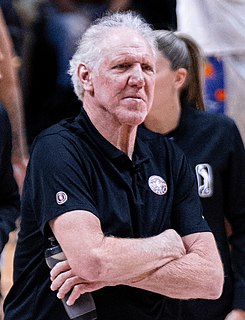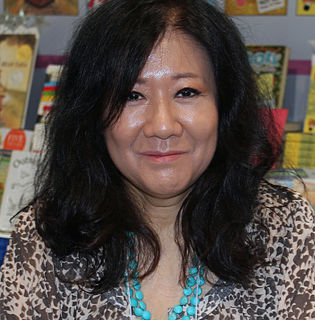A Quote by Socrates
Let us reflect in this way, too, that there is good hope that death is a blessing, for it is one of two things: either the dead are nothing and have no perception of anything, or it is, as we are told, a change and a relocation for the soul from here to another place.
Related Quotes
Whatsoever causes no annoyance when it is present, causes only a groundless pain in the expectation. Death, therefore, the most awful of evils, is nothing to us, seeing that, when we are, death is not come, and, when death is come, we are not. It is nothing, then, either to the living or to the dead, for with the living it is not and the dead exist no longer.
if you hated white people, they would just hate you back, and nothing would change in the world; and if you didn't hate them after the way they treated you, you would end up hating yourself, and nothing would change that way, either. So it was no good to hate them, and it was no good not to hate them. So nothing changed.
To begin depriving death of its greatest advantage over us, let us adopt a way clean contrary to that common one; let us deprive death of its strangeness, let us frequent it, let us get used to it; let us have nothing more often in mind than death... We do not know where death awaits us: so let us wait for it everywhere." "To practice death is to practice freedom. A man who has learned how to die has unlearned how to be a slave.
Prayer is not a way to get what we want to happen, like the remote control that comes with the television set. I think that prayer may be less about asking for the things we are attached to than it is about relinquishing our attachments in some way. It can take us beyond fear, which is an attachment, and beyond hope, which is another form of attachment. It can help us remember the nature of the world and the nature of life, not on an intellectual level but in a deep and experiential way. When we pray, we don't change the world, we change ourselves. We change our consciousness.





































